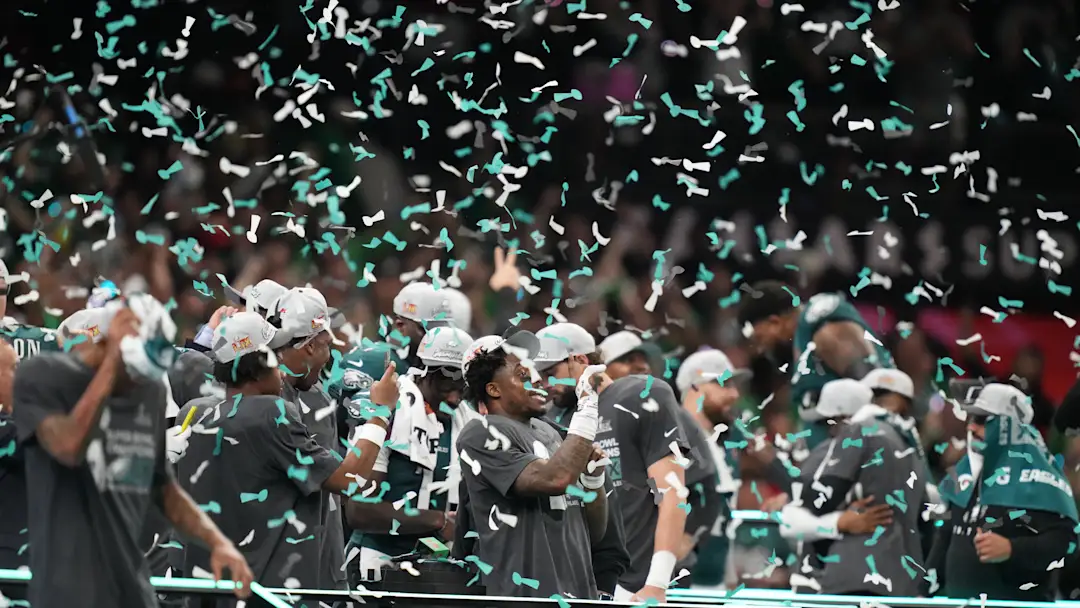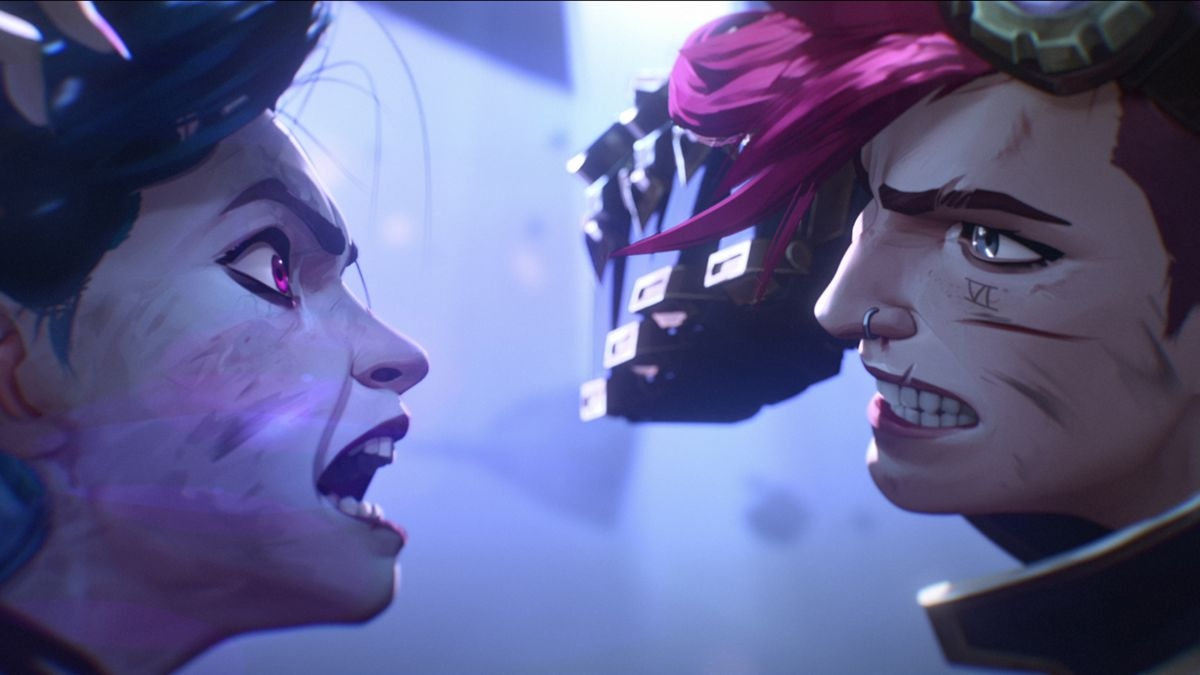Revealing the Real Messages in K-12
K-12 is not just an album but is also a world-wide, feature film that incorporates the songs into a complete storyline.
October 1, 2019
Melanie Martinez, a popular singer/songwriter, recently released her first album in four years. Martinez is known for her two-toned hair and her childish theme in style. She has said that she has been inspired by toy sounds, and that’s why her songs and image revolve around youthful things. If you listen closely to her songs, you can hear toy bells, whistles, and was that a nursery rhyme melody?
Melanie’s first album, Crybaby, came out in 2015 and is about a character based on her emotional, younger self– also named Crybaby. Martinez hinted at the theme of her next album by saying, “The second album is more about her kind of stepping out of [her own] house, and it’s more about this one specific place in the town [she lives in].” She was not kidding. Her most recent album, released on September 6, 2019, is centered around one place: school.
K-12 features songs such as“Class Fight,” “Show and Tell,” “Detention,” and other iconic titles. Each one tells another portion of Crybaby’s school experience, but there’s an underlying message in these songs too. Other tracks discuss very personal or controversial topics. WARNING: not only do these songs depict more contentious subjects, they also have some more vulgar language in them too. 12/13 songs are labeled explicit.
“Strawberry Shortcake” has a line saying, “Wondering why I don’t look like Barbie.” The message isn’t about girls making strawberry shortcakes or boys grabbing without asking. The idea is that boys can make a girl insecure about her “shortcake” because they haven’t been taught otherwise. “Orange Juice” is mainly about teens’ eating disorders caused by peer pressure or the feeling of discomfort in their own skin and blaming themselves for things they can’t control. This covers the self-growth or life lessons that happen in school.
The first verse of “Lunchbox Friends,” says “We can be friends if you want to be, but only ‘till the clock hits three” and references a surface friend or someone who offers a seat to you not out of the goodness of their hearts but because they want to look popular. Another song that mentions looks rather than reality is track 6. “Drama Club” is about hiding behind a “Wizard of Oz disguise” and being hypocritical towards everyone around you. “Recess” also says things like “If you need a break, someone’ll take your place.” These three songs are mainly about the friend or social aspect of school and how people can feign friendship.
The last main topic sung about is the employees or staff at the school. These three songs all have the same generic message: adults can be corrupt. It’s not always good to be adored by the teacher explains “Teacher’s Pet”; escaping to the clinic isn’t always beneficial conveys “Nurse’s Office”; finally, the principal doesn’t always keep what’s best for the students in mind so says “The Principal”. Moreover, “Wheels on the Bus” sounds very lighthearted at first but if you really listen, you’ll hear it. “I know the driver sees it, I know he’s peeking in the rearview mirror, he says nothing” is plainly saying that even the moral adults aren’t always reliable to stop problems going on at school.
K-12 is not just an album but is also a world-wide, feature film that incorporates the songs into a complete storyline. It also released on Youtube on September 6 and is just over an hour and 32 minutes. It was also in select theatres as of September 15. It’s definitely worth looking into.










